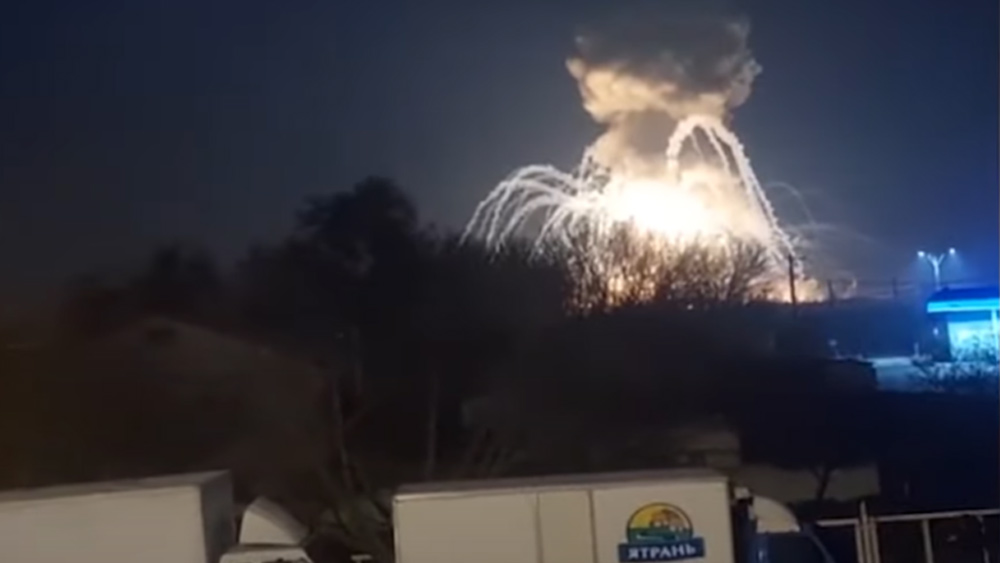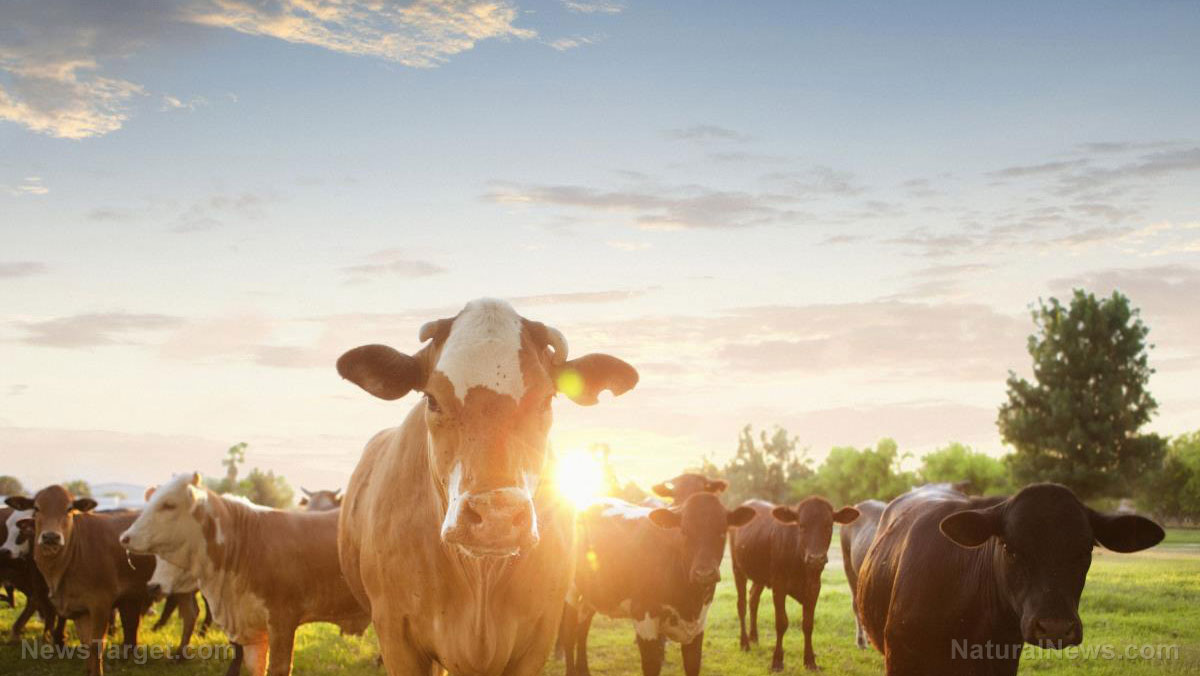
The ongoing conflict between Russia and Ukraine is causing dire ramifications not just for their economies, but for the world's as well. The economy of the United States is also getting affected.
World stocks are already tumbling, while oil prices are soaring as the Russian invasion of Ukraine continues and most Western nations ramp up sanctions against Russia.
Jim Wiesemeyer, a policy analyst for Farm Journal, warned that the conflict has major implications for American markets.
"As we speak, the Dow's down 730 points," he said.
Along with the Dow, other American stock exchanges also plummeted. The S&P 500 dropped by 2.5 percent, bringing it deeper into a market correction. The Nasdaq composite also dropped by 1.5 percent.
During pre-market trading on Monday, Feb. 28, Dow futures dropped more than 400 points. British, German and French stock exchanges saw overnight losses of about one, two and three percent, respectively.
"Crude, energy prices in Europe this morning went up a little over 40 percent in one day," said Wiesemeyer. "Energy prices from an agricultural perspective across the board are up because of the significance of Russia and Ukraine in the corn and wheat export arena, and over 75 percent of sunflower oil trade is from that region. So, yes, we have major implications."
Global wheat supplies in jeopardy
Wheat futures surged on Monday as the ongoing conflict between Russia and Ukraine stoked fears that it would disrupt the global grain supply. Both countries account for nearly a third of all global wheat exports, 19 percent of global corn exports and a significant portion of other agriculture commodities.
"Expect more volatility," warned Jean-Philippe Gervais, chief economist for Farm Credit Canada.
The government recently put out data claiming that inflation is at 7.5 percent. Wiesemeyer said that data is "laughable."
"In agriculture, it's in the double-digit arena already," he said.
At the start of the year, wheat futures were at $7.58 per bushel. By Feb. 25, one day after Russia pre-emptively struck at Ukraine, wheat futures were at $8.59 per bushel, a more than 13 percent increase.
America imports very little wheat from Ukraine, and the country is in fact a net exporter of wheat. But the ongoing conflict is likely to cause global supplies of wheat to shrink, leading to a rise in prices. This is likely to impact the global economy and lead to consumers having to pay more for wheat products.
Oil prices rising to highs not seen in nearly a decade
Global oil prices have also surged since the start of the conflict. According to a report by Moneywatch, the price of oil jumped 7.5 percent on Feb. 24, putting the price of a barrel of crude over $100 for the first time since 2014.
The price of Brent crude rose by nearly four percent overnight on Sunday, Feb. 27, putting the price of a barrel of oil to nearly $102. At the same time, West Texas Intermediate rose by 4.5 percent to nearly $98 per barrel. (Related: Russia selling crude oil at massive discounts as regional conflict turns away regular trading partners.)
Russia accounts for about 12 percent of the world's oil. It provides about 40 percent of the gas used by the European Union. Most of this gas is delivered through pipelines, including several that run through Ukraine. Prices are unlikely to drop while the conflict is ongoing and the security of those pipelines remains uncertain.
Oil prices at the beginning of the year were about $79 per barrel. The $20 rise in crude oil prices in less than two months has hit the American economy across the board, as they are affecting every single industry that requires heavy use of fuel.
Wiesemeyer advised analysts to keep an eye on the price of international crude oil, as this is one of the factors that will most affect the global economy.
"If it goes close to $120 [per barrel], history shows that will lead into a world recession," he warned. "We don't need that. It will increase inflation even higher."
More related stories:
Bitcoin's value continues to shrink amid Russia-Ukraine conflict; investors turn to gold and silver.
Aluminum and nickel, other commodity prices rise following Russia's move on Ukraine.
Listen to this episode of the "Health Ranger Report" as host Mike Adams, the Health Ranger, warns people that the banking restrictions Western nations have imposed on Russia can be used to impoverish their own citizens.
This video is from the Health Ranger Report channel on Brighteon.com.
Learn more about how the Russia-Ukraine conflict is causing the global economy to collapse at Collapse.news.
Sources include:
Please contact us for more information.





















